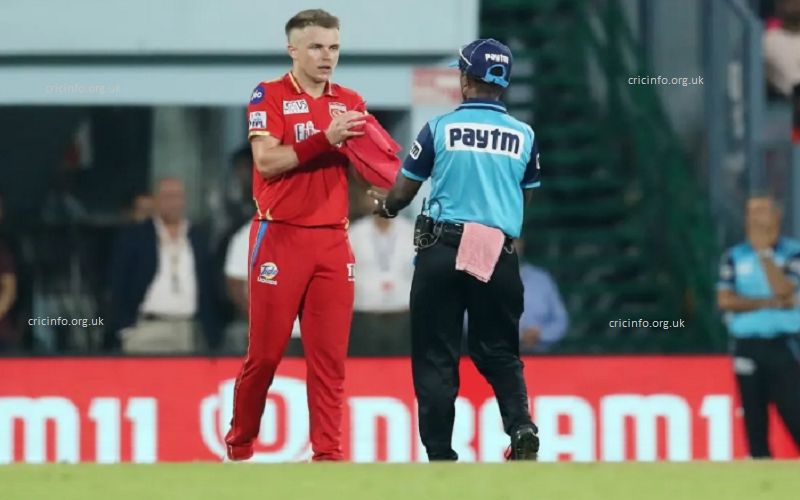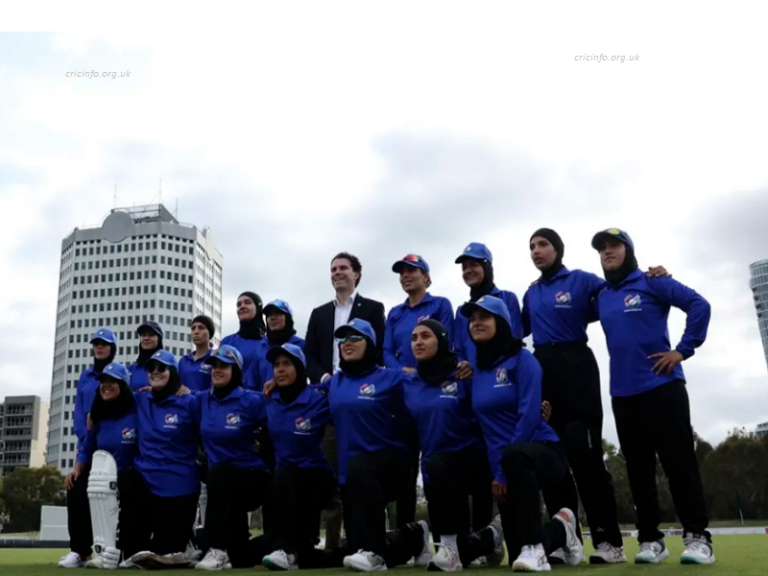
The Indian Premier League (IPL) has always been at the forefront of innovation, and IPL 2025 is no exception. In a groundbreaking decision, the Board of Control for Cricket in India (BCCI) has introduced a rule allowing teams to request a ball change once per innings if they feel the excessive dew is making it difficult for bowlers to grip the ball. This move aims to balance the contest between bat and ball, particularly in night matches where dew plays a crucial role.
Why the New Rule?
Dew has long been a challenge in white-ball cricket, especially in subcontinental conditions. It significantly affects the bowling side, making it difficult to grip and control the ball. Spinners, in particular, suffer the most, as their deliveries lose bite and turn. With teams winning the toss almost always opting to chase under lights, the IPL governing body decided it was time for a change.
How the Rule Works
- Teams can request a ball change once per innings.
- The replacement ball will be of similar condition to the one being replaced, meaning no undue advantage is given to either side.
- Umpires will oversee and approve the ball change request to ensure fair play.
- The rule is applicable only from the 7th over onwards to prevent misuse early in the innings.
Impact on the Game
For Bowlers
- Spinners will get better grip and control, making them more effective in the second innings.
- Pacers might get a slight advantage with a drier ball, ensuring better execution of slower deliveries.
- Captains may now rethink their bowling strategies, knowing they have an option to counter dew.
For Batsmen
- A drier ball might mean less skidding off the surface, slightly reducing the advantage of chasing under lights.
- Stroke players who rely on timing might need to make minor adjustments if the ball change happens mid-innings.
- The unpredictability factor increases, making matches more balanced.
Dew Factor and Match Outcomes
Historically, dew has played a significant role in determining match results in the IPL. Here’s a look at how the dew factor has affected match outcomes in the past seasons:
| Season | Matches Affected by Dew | Toss-Winning Teams Opting to Chase (%) | Win % for Chasing Teams |
|---|---|---|---|
| IPL 2022 | 28 | 75% | 64% |
| IPL 2023 | 31 | 78% | 66% |
| IPL 2024 | 27 | 72% | 60% |
With the new rule, the BCCI hopes to reduce this imbalance and ensure that teams winning the toss don’t always have a clear advantage.
Expert Opinions on the Rule Change
Mahela Jayawardene (Former MI Coach & Sri Lanka Captain)
“It’s a great move to ensure fairness. Dew has always been an issue, and allowing a ball change gives bowlers a fair chance.”
Gautam Gambhir (Former KKR Captain & Mentor)
“The rule might change how captains approach the game. It’s going to make tosses less influential, which is good for cricket.”
Ravichandran Ashwin (Senior Indian Spinner)
“As a spinner, I love this decision. It allows us to be more effective in the second innings, which wasn’t always the case before.”
Potential Strategies for Teams
- Captains may delay using their key bowlers until after the ball change.
- Spinners may be introduced earlier in the second innings to take advantage of a dry ball post-change.
- Fast bowlers could tweak their variations, knowing they’ll get a better grip post-ball change.
Final Thoughts on the New Rule
The introduction of the one-ball change rule is expected to be a game-changer in IPL 2025. While it may take some time for teams to adjust their strategies, the ultimate goal is to create a fairer contest between bat and ball. With this rule, expect a more balanced and unpredictable IPL season where skill and tactics play a bigger role than just the toss outcome. The real impact of this change will be seen once IPL 2025 gets underway, but one thing is certain: the league continues to evolve, keeping fans and players on their toes.






